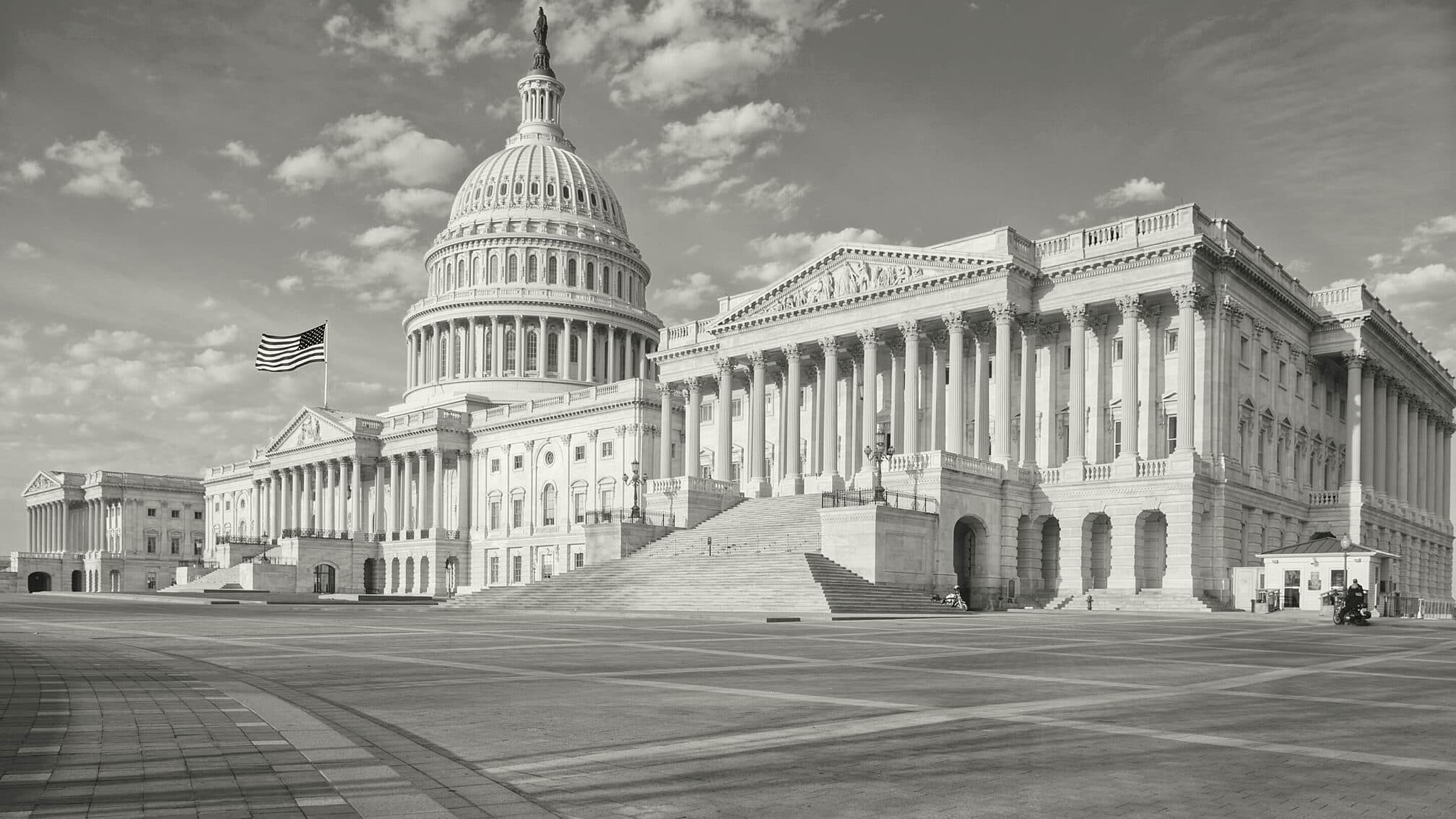Resources
How Fiscal Year 2024 wrapped up
Although the current Congressional session may seem to be grinding to a halt because of the November elections, it is still an important time for appropriations advocacy. Raben will continue to champion our clients' interests in appropriations bills throughout the year. Government Affairs’ Sarah Bolton and Rachel Motley give us their appropriations update.

How Fiscal Year 2024 wrapped up (PDF)
In March of 2024, after months of stopgap spending measures, the president signed Fiscal Year 2024 (FY24) appropriations bills that represented a compromise between Congressional Democrats and Republicans. The bills rejected the extremely steep cuts to domestic spending proposed by Republicans but did include some cuts to domestic programs and increased defense spending. The bills did not include “poison pill” riders on topics such as women’s health, diversity, equity, and inclusion, and the rights of LGBTQ+ people.
The FY24 appropriations process was unusual in that two separate packages of appropriations bills were eventually sent to the President for signature. It is unclear whether this has set a precedent for future years, but it’s certainly possible.
What’s Happening and How to Advocate in Fiscal 2025 President’s Budget
President Biden released his Fiscal Year (FY) 2025 budget request on March 11, 2024. The budget proposes $7.3 trillion in spending and serves as the president’s vision for a potential second term. The budget serves a high watermark and starting point for Congressional Democrats in negotiations.
The proposed budget would cut the national debt by $3 trillion over the next decade, resulting from increasing the corporate tax rate from 21 to 28 percent, setting a higher minimum tax rate for corporations, and enacting a new minimum tax rate of 25 percent for billionaires.
Appropriations subcommittee allocations
Appropriations Chair Tom Cole (R-OK-4) released interim subcommittee allocations for FY25. The allocations were developed using the caps outlined in the Fiscal Responsibility Act of 2023. The proposed allocations outline how House Republicans plan to prioritize spending, including a $9 billion increase in defense spending and a 6% cut for non-defense programs.
Appropriations timeline and deadlines
Appropriations subcommittee markups are ongoing, with subcommittee markups slated for May and June and full committee markups slated for July. House Leadership announced this week that they aim to hold floor votes on all appropriations bills in July, which is an ambitious timeline that hasn’t been met in recent years. Lawmakers have until September 30, 2024, to pass all 12 appropriations bills or a stopgap spending bill. It is widely expected that lawmakers will pass a stopgap bill leading into election season and revisit the spending bill after the November 2024 elections.
Appropriations dynamics
The updated Community Project Funding guidance deemed nonprofits ineligible for funding through the Economic Development Initiative, a portfolio that provided funding for community groups. The move follows FY23 guidance that limited Labor HHS and Education Community Project Funding, which also provided funding for community organizations.
How organizations should be advocating right now
Although it may seem like the current Congressional session is grinding to a halt because of the elections in November, it is still an important time for appropriations advocacy. The groundwork for future appropriations bills is being laid now, and professional staff will continue to work throughout the year to draft appropriations bills. In fact, as Congress brings fewer bills to the House and Senate floors throughout 2024, it means that Congressional staff may have more time for meetings with advocates — so make sure to make your voice heard.


